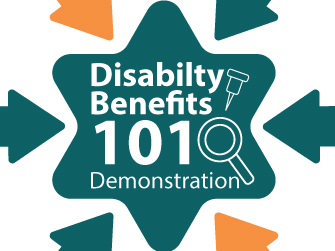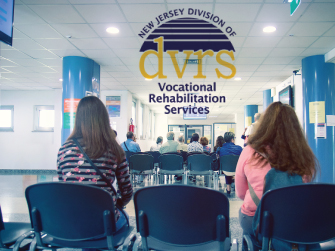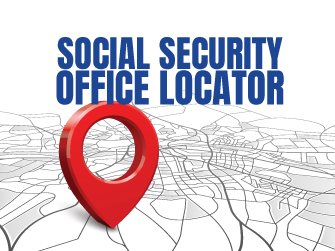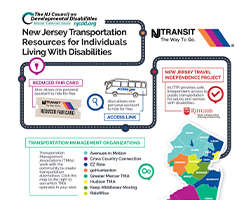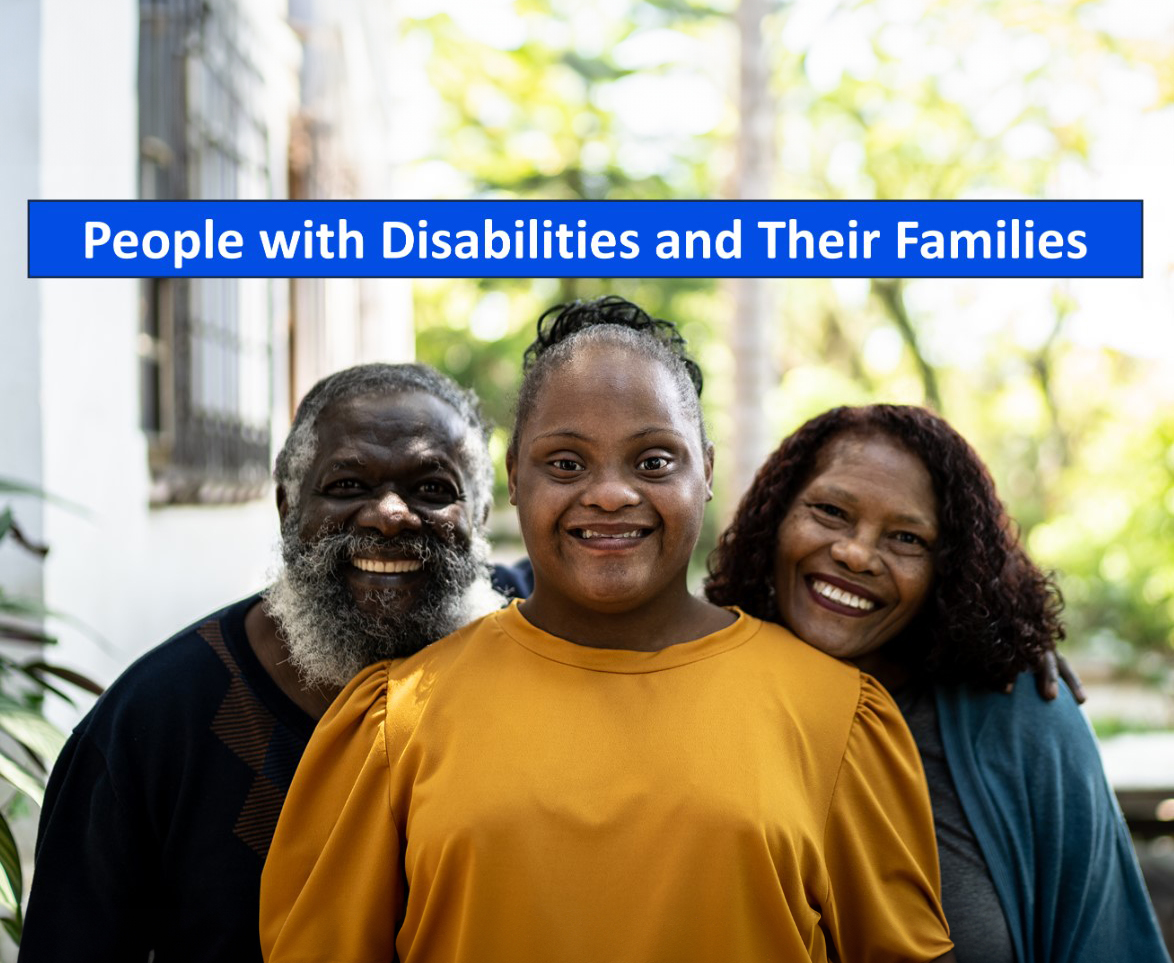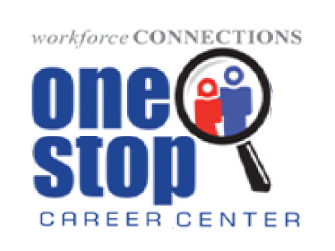EMPLOYMENT FIRST
In April 2012, Governor Chris Christie made New Jersey an ‘Employment First’ state. It means that competitive employment is the first and preferred post-education activity for everyone, including people with disabilities.
During the announcement, the Governor said, “Everyone should have the opportunity to be productive, earn a living, and feel a sense of personal fulfillment from employment. …That’s why we’re working cooperatively with the private sector to ensure that people with disabilities are a seamless part of New Jersey’s workforce, with the independence and sense of community that comes from relationships developed inside and outside of the workplace.”
People with disabilities are a multi-skilled workforce resource for employers. An inclusive workplace promotes diversity, expands the tax base and creates an expanded pool of qualified candidates for available jobs. ‘Employment First’ is about creating an environment for individuals with disabilities that empowers them with choices for their future, reduces poverty, shrinks enrollment in entitlement programs, eases demand on state and community based social service agencies and provides workers with a sense of achievement.
As one of 14 states that recognize ‘Employment First’, New Jersey is setting new benchmarks – not just for people with disabilities – but for their families, school administrators, employers, government agencies, business leaders and community partners.
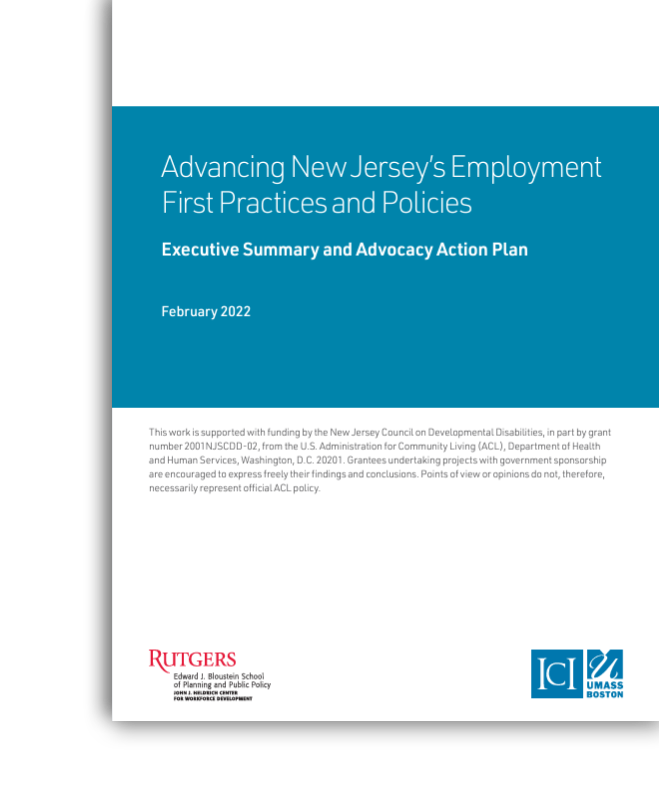
In a new report, Advancing New Jersey’s Employment First Practices and Policies, the New Jersey Council on Developmental Disabilities calls for a renewed commitment to New Jersey’s Employment First policy, to improve employment outcomes for individuals with intellectual and developmental disabilities (I/DD). This report was developed by the John J. Heldrich Center for Workforce Development at Rutgers, The State University of New Jersey, in partnership with the Institute for Community Inclusion at the University of Massachusetts. The report’s executive summary and action plan (available in English and Spanish) includes an examination of the current landscape with a series of recommendations. A longer, more detailed version of the report and memo in English and Spanish are also available.
EMPLOYMENT FIRST: STRENGTHS TO BUILD ON
The report found that New Jersey has numerous strengths to build on in terms of advancing employment for individuals with I/DD, including:
- State office policy changes.
- Actions by the state legislature.
- Business community support, led by the New Jersey Business and Industry Association.\
- Grassroots advocacy for improving employment outcomes.
- Federal policy initiatives with increased emphasis on integrated employment.
EMPLOYMENT FIRST: THE CHALLENGES
The report identified numerous challenges to increase employment. These include:
- Low participation in employment for individuals with I/DD.
- Inability to consistently get the employment assistance needed.
- Policies that often don’t translate into practice.
- Lack of consistent belief in the capabilities of individuals with I/DD to be successfully employed.
- Systems are siloed, with insufficient cross-agency partnerships.
- Lack of consistent quality in employment service providers.
REALIZING THE VISION OF EMPLOYMENT FIRST
The report includes a comprehensive set of recommendations for improving employment outcomes. These include:
- Establishing an Employment First commissions.
- Creating a more customer-centered approach to service design and delivery.
- Creating a culture of informed choice regarding decisions about pursuing employment.
- Strengthening support and system navigation in considering employment as an option.
- Improved support coordination by the Division of Developmental Disabilities to ensure full consideration of employment.
- Increased access to the Division of Vocational Rehabilitation Services.
- Strengthening school-to-work transition efforts.
- Ensuring individuals currently in extended employment (sheltered work) and earning subminimum wage have every every opportunity to consider integrated employment.
- Making changes in funding to create greater incentives for employment.
- Strengthening employment data tracking and transparency.
- Addressing benefits preservation and transportation challenges.
- Meeting the needs of underserved communities.

Adam Kubler | adam.kubler@njcdd.org



